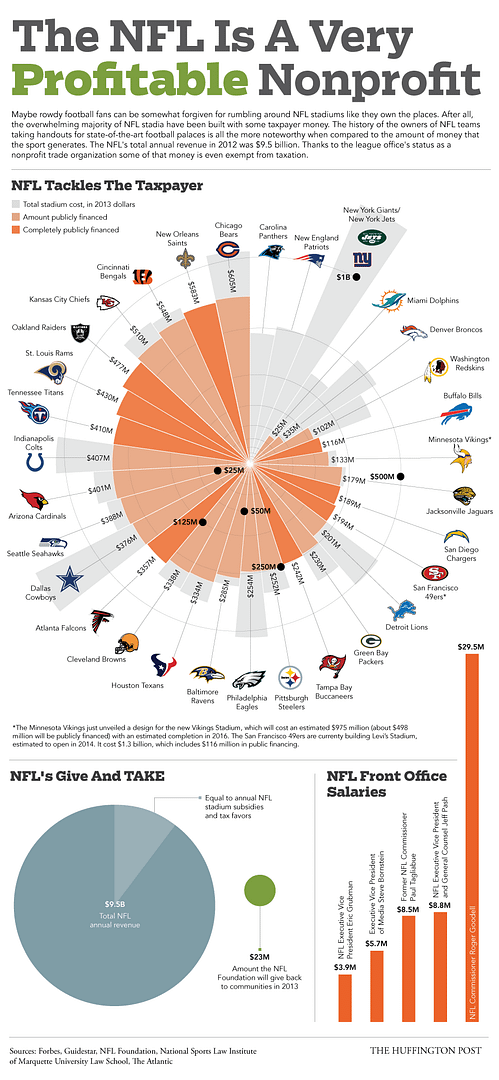“Punting the Pundits” is an Open Thread. It is a selection of editorials and opinions from around the news medium and the internet blogs. The intent is to provide a forum for your reactions and opinions, not just to the opinions presented, but to what ever you find important.
Thanks to ek hornbeck, click on the link and you can access all the past “Punting the Pundits”.
Follow us on Twitter @StarsHollowGzt
The Sunday Talking Heads:
This Week with George Stephanopolis: The guest on this Sunday’s “This Week” is House Budget Committee Chair Rep. Paul Ryan (R-WI.
The roundtable guests are Democratic strategist and ABC News Contributor Donna Brazile; ABC News Political Analyst Matthew Dowd, Weekly Standard Editor Bill Kristol, Nobel Prize-winning economist and New York Times Columnist Paul Krugman; and Republican strategist and ABC Contributor Ana Navarro.
Face the Nation with Bob Schieffer: Mr. Schieffer’s guests are House Majority Leader Eric Cantor (R-VA); President Obama’s chief of staff, Denis McDonough; former New York City mayor Rudy Giuliani (R); and New Jersey State Assembly Transportation Committee, John Wisniewski (D).
His panel guests are David Gergen of Harvard University; Michael Gerson on the Washington Post; Kimberly Stassel of the Wall Street Journal; and Democratic strategist Bob Shrum.
Meet the Press with David Gregory: This guests on MTP are White House Chief of Staff Denis McDonough Sen. Tim Scott (R-SC); New York Times‘ Alan Schwarz; and New Jersey State Assembly Transportation Committee, John Wisniewski (D).
The roundtable guests are National Review Editor Rich Lowry; Former White House Press Secretary Robert Gibbs; PBS NewsHour‘s Co-Anchor and Managing Editor Gwen Ifill; Presidential Historian Doris Kearns-Goodwin; and NBC’s Chuck Todd.
State of the Union with Candy Crowley: Jake Tapper interviews President Barack Obama and Ms. Crowley interviews Gov. Bobby Jindal (R-LA).
Her panel guests are former Congressman Artur Davis; CNN Senior Political Analyst Ron Brownstein; and former White House Communications Director Anita Dunn.




Recent Comments